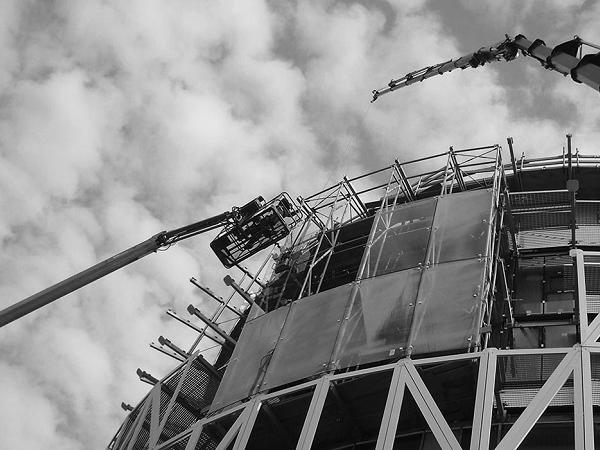
Date: 29 November 2018
Europe’s flat glass sector, which has set itself on a path to maximize its contributions to a low-carbon society back in 2012 [2], is well placed to apprehend the scale of the technological and industrial challenges, the enormous emissions reduction potential at hands in sectors like buildings but also the complex interactions and trade-offs between sectors.
Building on this, Glass for Europe intends to take an active part to this debate to highlight the following:
1 – A net-zero GHG emissions Europe cannot be achieved without robust and coherent energy efficiency policies. A future EU pathway must be based on the realisation of a high energy-efficiency potential while acknowledging that, in some cases like that of energy-intensive industrial processes, decarbonisation may lead to increase energy use.
2 – Considerable investments in the energy-efficient renovation of buildings are urgently needed. Nearly-zero energy buildings will need to be the norm by 2050, which requires tripling the renovation rate. Support to building renovation investments and a serious upgrade in efficiency standards for products like windows are urgently needed.
3 – A deep industrial and energy transition is needed and must be facilitated by an integrated industrial strategy. This strategy must help define the adequate framework and investment conditions, as well as provide support to R&D in new manufacturing processes. It is an unprecedented transformation in a very short length of time that is required on industry, hence the importance to preserve its competitiveness on a global scale.
4 – Decarbonisation pathways must take into account the interactions between different sectors of the economy and offer a model of sustainable growth that profits Europe’s citizens and industry. For instance, models must allow for growth in industrial output and economy to generate the required wealth and jobs in Europe. This, together with financial support to low-carbon solutions, will be essential to facilitate social acceptance of decarbonisation.
The long-term decarbonisation of Europe will require vast amount of flat glass to upgrade glazing in all European buildings, to power Europe with photovoltaic technologies, to deliver digital technologies and to produce greener vehicles. To Glass for Europe, it is essential that this flat glass can be produced in Europe.
‘When defining an EU carbon neutral strategy, it is essential to embrace a holistic thinking to ensure the coherence of models and policy choices. In Glass for Europe, we will be vigilant precisely about this so that the long-term decarbonisation becomes the promised engine of sustainable prosperity in Europe’s flat glass sector.’ concludes Bertrand Cazes, Secretary General of Glass for Europe.
***
[1] European Commission – COM(2018)773, A Clean Planet for all: A European strategic long-term vision for a prosperous, modern, competitive and climate neutral economy – November 2018
[2] Glass for Europe – Europe’s flat glass industry in a competitive low-carbon economy – February 2012
 600450
600450

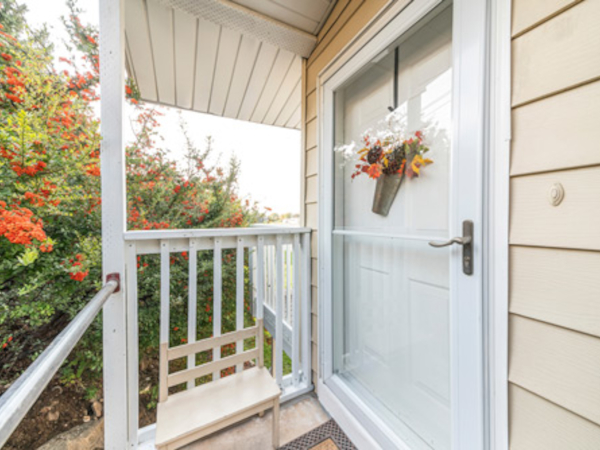
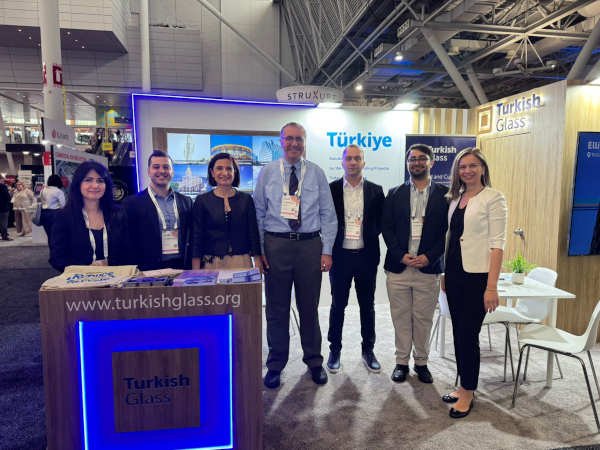

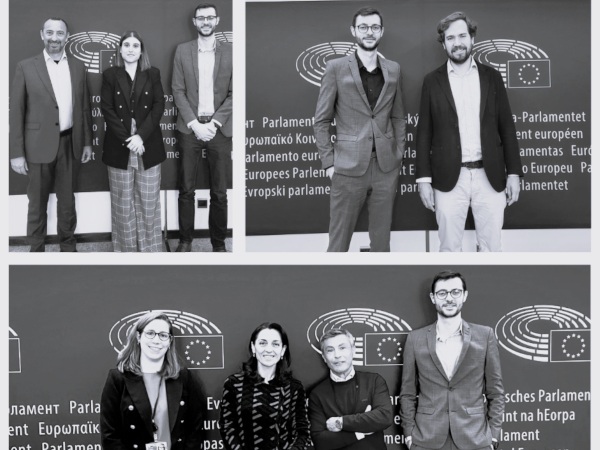
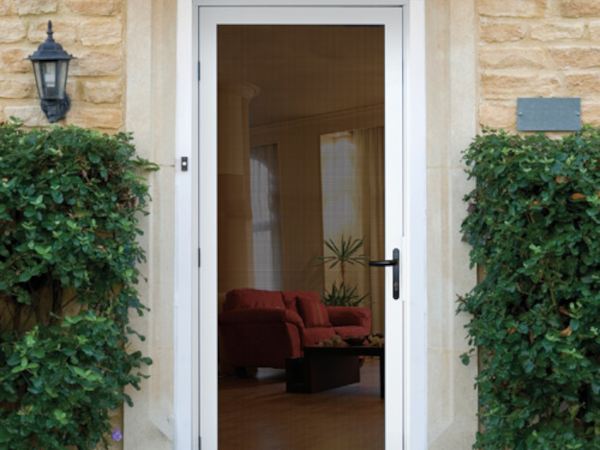








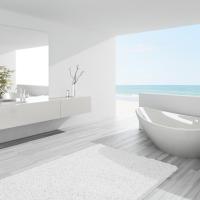
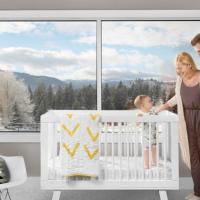
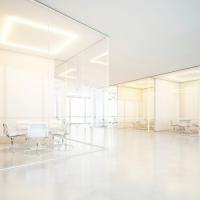
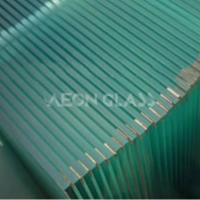
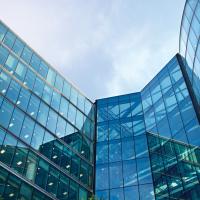
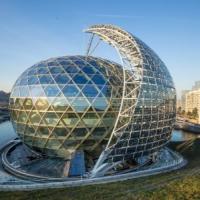
Add new comment